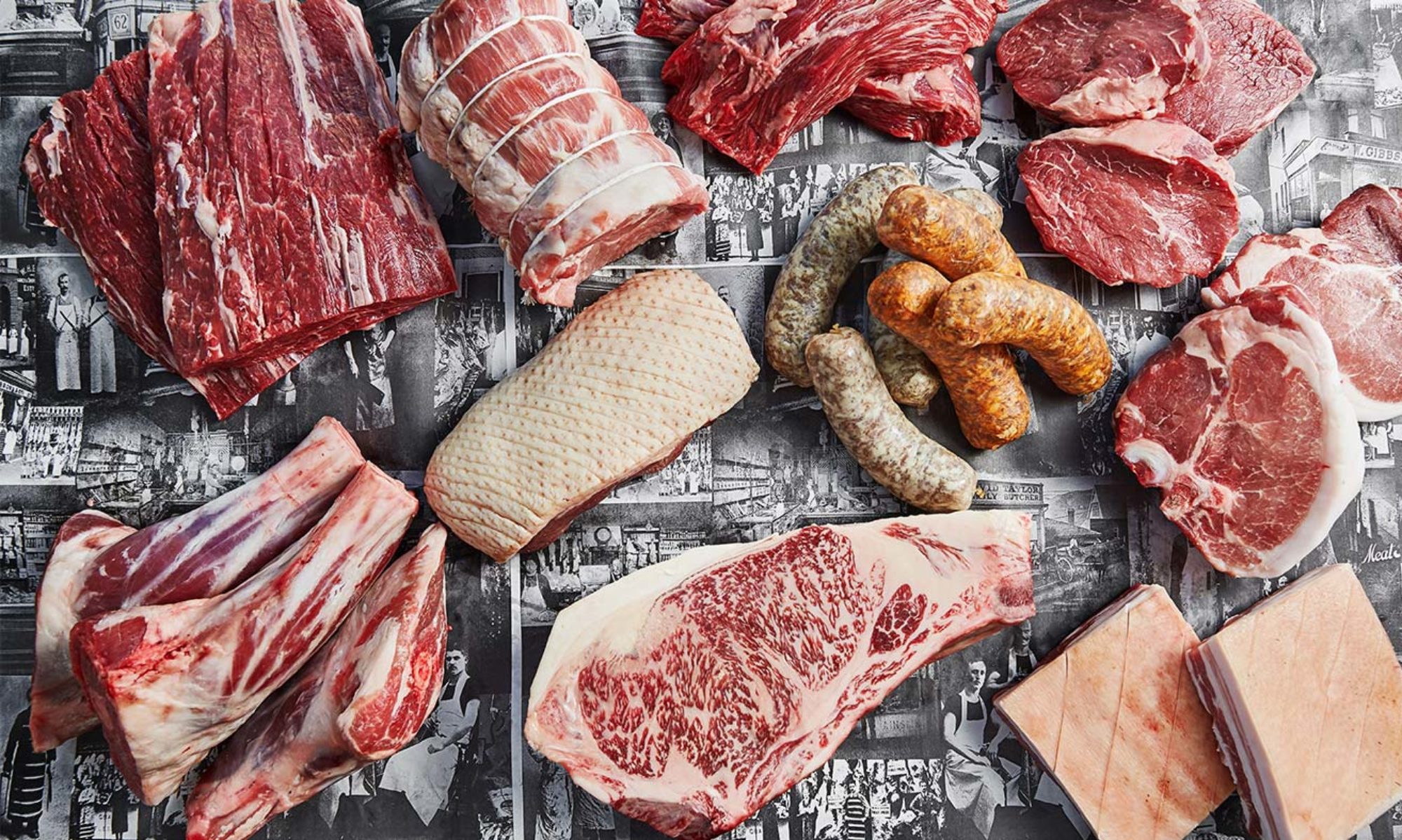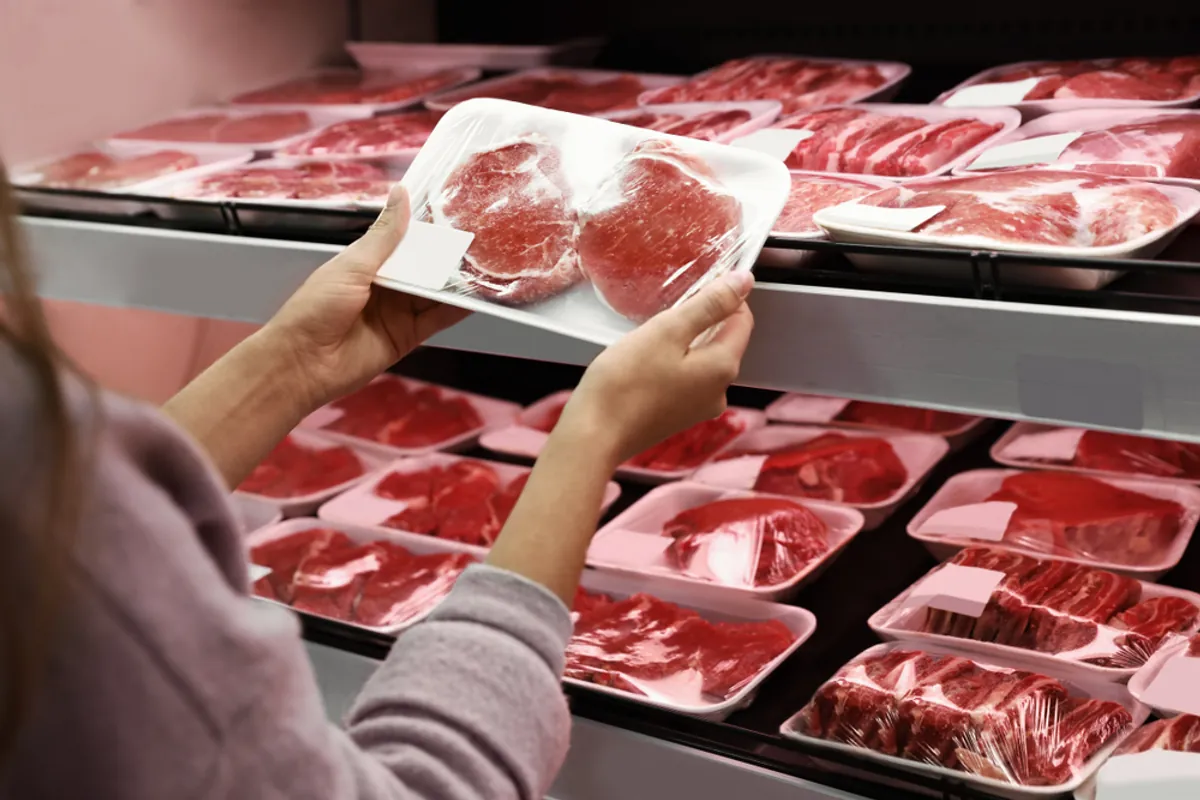The processed meat market is predicted to develop at an impressive 6.5% CAGR from 2023 to 2033, exceeding the lower 6.1% CAGR witnessed between 2018 and 2022. This significant rise shows the rise in demand for the processed meat market, increasing the market value from US$ 349.5 billion in 2023 to US$ 634.5 billion by 2033.
The demand for fresh processed meat has been driven by varying preservation methods and urban consumers’ preference for convenience. Hot dogs’ popularity and fast-paced lifestyles both contribute to the potential for growth in the worldwide processed meat business, which is supported by current fast-food standards.

The rapid growth of fast-food chains in developed areas, together with low-cost meal plans and promotions, has greatly aided in the rise in processed meat consumption. The inclination for quick meal options and the rising incomes of urban populations have helped to increase the demand for processed meat on the global market.
The demand for ready-to-eat meat fuels the expansion of the processed meat industry, but problems like elevated cholesterol and fat levels, which cause unhealthy lifestyles and rising obesity rates, limit market growth. The industry is further hampered by the difficulty of supplying the rising demand without sacrificing the freshness of the meat.
Competitive landscape
Leading multinational corporations with a significant presence in the processed meat business include Tyson Foods, Inc., JBS SA, Hormel Foods Corporation, and WH Group Limited (formerly Shuanghui International Holdings). To keep a competitive edge, these businesses make use of their broad distribution networks, well-known brands, and economies of scale. In order to launch new product varieties and enhance production procedures, they also make research and development investments.

The competitive environment has taken on a new dimension as plant-based substitutes and vegetarian/vegan diets have become more popular. In order to appeal to the burgeoning market of environmentally conscious and health-conscious consumers, businesses are now diversifying their product lines to include plant-based alternatives to processed meat.
** Click here to read the full-text **









